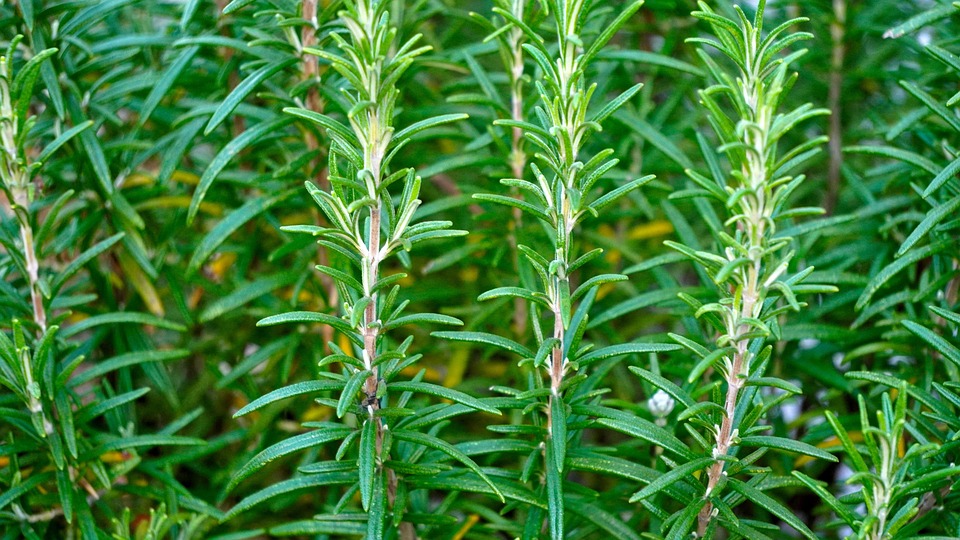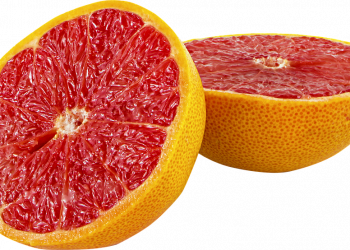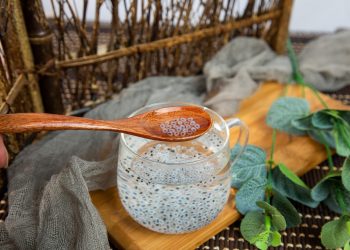Have you ever walked through a garden and caught a whiff of rosemary? That fresh, earthy scent is more than just a culinary delight; it might also be a natural ally in your quest for better testosterone levels. Yes, you heard that right! Rosemary, a staple in Mediterranean cuisine, could help boost your testosterone levels. Let’s dive into the fascinating ways this aromatic herb can support your hormonal health.
Contents
1. Rich in Antioxidants
Rosemary is packed with antioxidants, which are essential for combating oxidative stress in the body. Oxidative stress can lead to cell damage and has been linked to lower testosterone levels. A study published in the Journal of Medicinal Food found that rosemary extract can significantly reduce oxidative stress markers in the body (Kumar et al., 2016).
How It Works
The antioxidants in rosemary, particularly rosmarinic acid, help neutralize free radicals. By reducing oxidative stress, rosemary may create a more favorable environment for testosterone production.
Pros and Cons
Pros:
- Supports overall health by reducing oxidative stress.
- Easy to incorporate into your diet through cooking or herbal teas.
Cons:
- Overconsumption of rosemary could lead to digestive issues.
- More research is needed to quantify its direct impact on testosterone levels.
2. Anti-Inflammatory Properties
Chronic inflammation can negatively affect hormone levels, including testosterone. Rosemary contains compounds like carnosic acid and rosmarinic acid, which have shown anti-inflammatory effects. A study in the Journal of Ethnopharmacology highlighted how rosemary extract can inhibit inflammation in various body tissues (Cameron et al., 2014).
How It Works
By reducing inflammation, rosemary may help maintain optimal hormonal balance, potentially leading to improved testosterone levels.
Pros and Cons
Pros:
- May help alleviate other inflammatory conditions.
- Versatile herb that can be used in various dishes.
Cons:
- Effects may vary based on individual health conditions.
- Not a substitute for medical treatments for chronic inflammation.
3. Aromatherapy Benefits
Did you know that the scent of rosemary can also play a role in testosterone levels? Aromatherapy using rosemary essential oil has been shown to reduce stress and improve mood. Stress is a known testosterone killer, so managing it could indirectly help maintain higher testosterone levels.
How It Works
A study published in Phytotherapy Research found that inhaling rosemary oil can reduce cortisol levels, a stress hormone that often interferes with testosterone production (Moss et al., 2010).
Pros and Cons
Pros:
- Simple and enjoyable way to incorporate rosemary into your wellness routine.
- Can enhance mood and cognitive function.
Cons:
- Individual responses to aromatherapy can vary.
- Essential oils should be used cautiously, as they can cause skin irritation if not diluted properly.
4. Enhancing Blood Circulation
Good blood circulation is vital for testosterone production. Rosemary has been traditionally used to improve circulation, thanks to its stimulating properties. Some studies suggest that rosemary can enhance blood flow, which might help in delivering nutrients required for hormone production.
How It Works
Rosemary contains compounds that can dilate blood vessels, leading to improved circulation. This enhanced blood flow might support the testes in producing testosterone efficiently.
Pros and Cons
Pros:
- Improved circulation benefits overall health.
- Can be consumed in various forms, from teas to oils.
Cons:
- More research is needed to establish a direct connection with testosterone levels.
- Overuse may lead to headaches or dizziness in some individuals.
5. Nutritional Support
Rosemary is not just a seasoning; it’s also a source of essential nutrients, including vitamins A, C, and B6, as well as minerals like calcium and iron. These nutrients play a role in overall hormonal health, including testosterone production.
How It Works
A well-rounded diet rich in vitamins and minerals supports the endocrine system, which is responsible for hormone production. By adding rosemary to your meals, you’re not just enhancing flavor but also boosting nutrient intake.
Pros and Cons
Pros:
- Nutrient-dense herb that adds flavor without extra calories.
- Can easily be included in various dishes.
Cons:
- Nutritional benefits may be minimal if consumed in small amounts.
- A balanced diet is essential; rosemary alone won’t solve hormonal issues.
FAQs
1. Can I take rosemary supplements for testosterone boost?
While rosemary supplements are available, it’s best to incorporate the herb into your diet naturally. Always consult a healthcare provider before starting any new supplement.
2. How much rosemary should I consume?
A few sprigs of fresh rosemary or a teaspoon of dried rosemary can be a good starting point. However, moderation is key!
3. Are there any side effects of using rosemary?
In large amounts, rosemary can cause digestive issues or allergic reactions in some individuals. Always consult a healthcare provider if you’re unsure.
4. Does rosemary interact with medications?
Rosemary may interact with certain medications, particularly blood thinners. Always check with a healthcare provider if you’re on medication.
Conclusion
Incorporating rosemary into your life can be a delightful and potentially beneficial way to support your testosterone levels naturally. From its antioxidant properties to its ability to reduce inflammation and improve circulation, this herb offers a variety of health benefits.
But let’s be real—while rosemary can be a helpful ally, it’s not a magic solution. Maintaining healthy testosterone levels involves a balanced diet, regular exercise, and managing stress. So, sprinkle some of that rosemary into your meals, breathe in its aromatic goodness, and enjoy the journey toward better hormonal health.
This article is for educational purposes only and is not a substitute for professional medical advice. Always consult a qualified healthcare provider before making changes to your health routine.
References
- Cameron, N. E., et al. (2014). “The effects of rosemary extract on inflammation in the body.” Journal of Ethnopharmacology. Link
- Kumar, V., et al. (2016). “Antioxidant activity of rosemary extract in a human study.” Journal of Medicinal Food. Link
- Moss, M., et al. (2010). “Aromatherapy and its effects on cortisol levels: A study with rosemary oil.” Phytotherapy Research. Link
Get Your FREE Natural Health Guide!
Subscribe now and receive our exclusive ebook packed with natural health tips, practical wellness advice, and easy lifestyle changes — delivered straight to your inbox.















